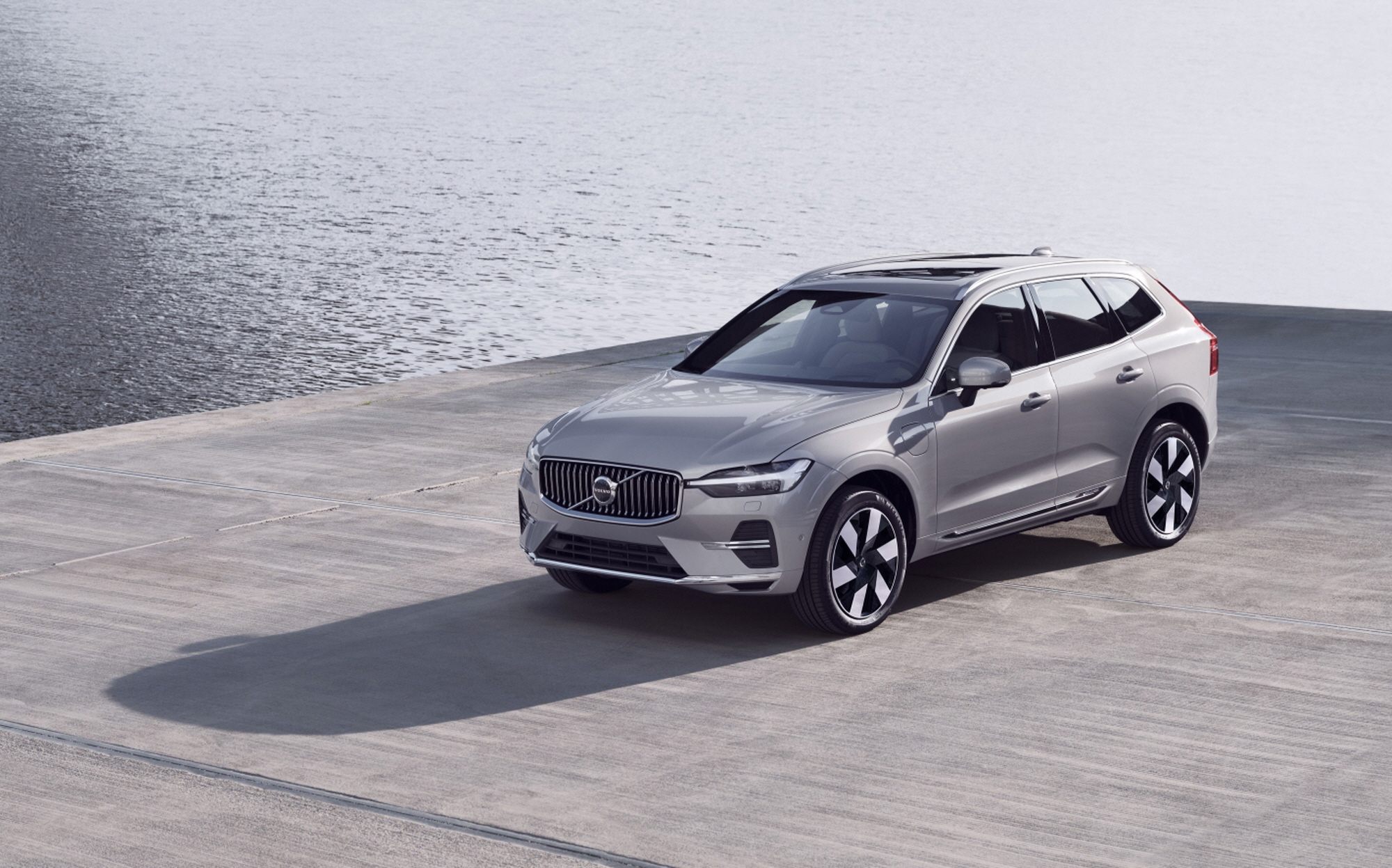
Volvo Cars Korea recorded a remarkable 18% increase in sales in 2023, totaling 17,018 units, despite the overall imported car market witnessing a 4.4% decline for the first time in four years. They achieved this milestone, making it their highest annual sales ever. For the first time since establishing operations in Korea in 1998, they climbed to fourth place in the cumulative sales rankings among all imported vehicle brands, solidifying their presence as a leading Swedish luxury brand driving new trends.
This success can be attributed to the highest percentage of purchases by individual customers within the premium imported car segment, strong demand for family vehicles primarily among the 30s and 40s age groups, and a competitive lineup of models that supports overall performance.
Analyzing the sales distribution, 74% of the purchases were made by individual customers and 26% by corporations. Age-wise, the largest share was from customers in their 40s (35%), followed by those in their 30s (27%) and 50s (23%). As for individual models, the XC60 led with 34% of sales, followed by the S90 (18%), XC90 (15%), XC40 (11%), and S60 (10%) maintaining steady sales.
With its sales soaring by 137% compared to the previous year, the XC60 has become the best-selling imported SUV in Korea since its launch, securing 5,831 units sold. The XC60 is recognized globally as a best-selling family SUV, underpinned by advanced safety technologies, next-generation connectivity, and human-centered space design principles.
Moreover, the V60 Cross Country, combining the attributes of a wagon and an SUV to maximize customer convenience and individuality, also achieved significant success, recording sales of 1,093 units—a 21% increase from the previous year—making it the top-selling imported wagon in Korea.
The compact SUV XC40, known for its Swedish design and top-tier convenience and safety features, also topped the imported compact SUV segment, particularly popular among customers in their 20s and 30s (excluding high-performance and electric trims).
Yoon Mo Lee, CEO of Volvo Cars Korea, stated, “We’ve managed to maintain steady growth even in a challenging automotive industry over the past year because we continuously strive to understand what true premium value our customers expect. As we move into 2024 alongside the EX30, we will diligently contemplate the value of Swedish luxury, aiming for growth as a brand that is recognized and satisfied by customers.”
Volvo Cars Korea has set a sales target of 18,000 units for 2024 and plans to lay the groundwork for a 30,000-unit era through a large-scale investment of about 100 billion KRW to strengthen sales and service networks.
To achieve this, they will soon commence the delivery of the next-generation premium electric SUV, the Volvo EX30, developed to secure new demand in the rapidly growing electric vehicle market.
This model marks the onset of a new era leading to a full transition into a premium electric vehicle brand by 2030, featuring a fresh family look, innovative space design, an intuitive Human-Machine Interface (HMI) with advanced infotainment systems, competitive pricing comparable to traditional internal combustion engine vehicles, and safe space technologies that set new standards for urban safety—all crafted to deliver a flagship-level user experience in a five-seater electric SUV.
Starting at an astonishing price of around 40 million KRW, the EX30 caused a stir in the electric vehicle market upon its domestic premiere at the end of November, leading to over 2,000 pre-orders within a month. In response to the strong enthusiasm from domestic customers, Volvo intends to negotiate actively with headquarters for a quick release of additional units in the first half of the year, together with a strong focus on sustaining high demand for popular models like the XC60, S90, and XC90 through various marketing activities.
Additionally, six new showrooms are slated to open within the year, including locations in Seosu-won DTS, Yongsan, Cheongju, Dongtan, Jinju, and Gunsan, and to keep pace with increasing customer demand, the Seoul Daechi showroom will undergo expansion and relocation, resulting in a total of 40 showrooms. New service centers will also be opened in Daechi, Hanam, Cheongju, Dongtan, Gunsan, and Jinju, expanding the current 34 service centers by approximately 18% to 40. To further improve customer accessibility, new satellite concepts will be introduced at the Gunsan and Jinju service centers to provide services linked to major regional hubs.
This strategy aims to maintain their record of being number one in consumer satisfaction for four consecutive years among European brands, bolstering customer experience that is uniquely Swedish luxury.
Lee Sang-jin daedusj@autodiary.kr
